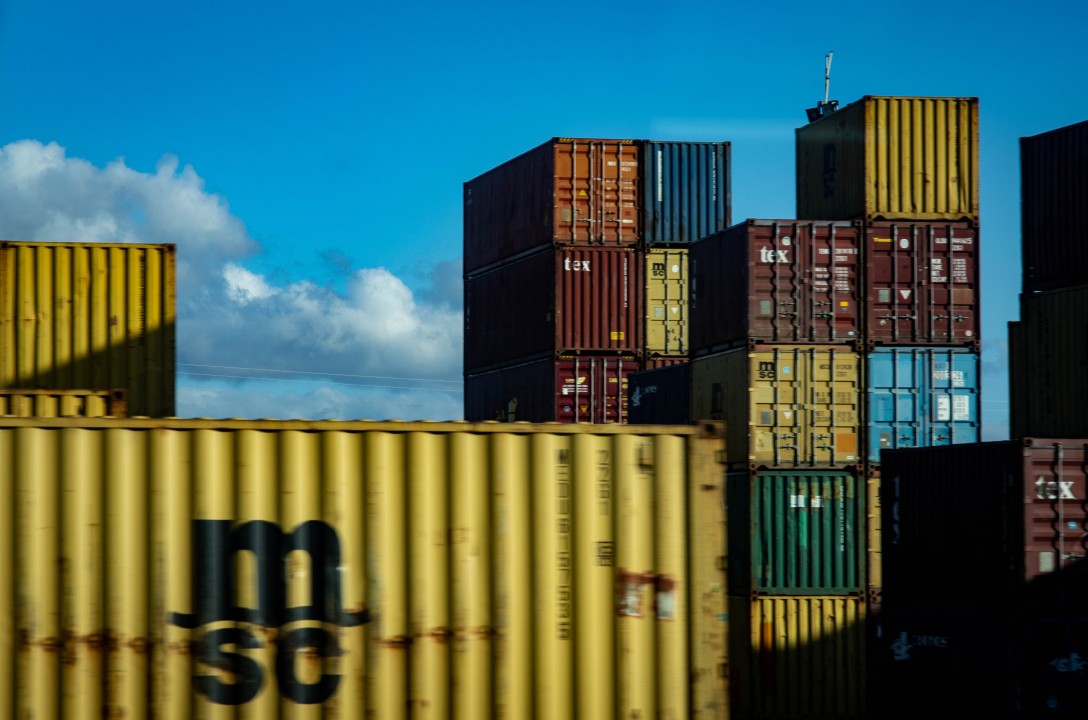In the face of the escalating Red Sea crisis, the international logistics landscape is experiencing unprecedented turbulence. This situation has thrown a spotlight on the vulnerability of global supply chains, particularly affecting shipments that are currently in transit. Our latest article, “Immediate Impact on Shipments: Navigating the Turbulent Waters of the Red Sea Crisis,” offers an in-depth analysis of this evolving situation and its immediate consequences for the shipping and relocation industry.
Impact on Shipments in Transit
We begin by examining the rerouting challenges as the Red Sea becomes increasingly risky for navigation. This shift in routing is causing longer journey times and altering expected delivery schedules. The surge in congestion on alternative routes is another critical issue we address. As more ships avoid the Red Sea, other maritime pathways are getting crowded, leading to further delays. We also explore the increased operational costs resulting from these longer routes, focusing on how they impact overall shipping expenses.
Potential Delays and Rerouting Scenarios
The article then dives into the Extended Delivery Timelines, preparing clients for longer waits and setting realistic expectations. We discuss the unpredictability of schedules, emphasizing the fluid nature of current shipping schedules and their impact on port operations. Lastly, the issue of capacity strain on shipping lines is analyzed, highlighting the challenges of managing current shipment demands.
Staying Informed
Effective Communication Strategies Emphasising the importance of staying informed, we suggest using the real-time tracking tools available through our platform for the latest shipment updates. We advise maintaining Regular Updates from shipping Lines and staying abreast of any route changes or delays. The blog also covers the necessity of being aware of customs and regulatory alerts, ensuring compliance and smooth transit. We stress the importance of client-specific notifications for tailored updates and proactive decision-making. Finally, the value of engaging in proactive planning with logistics partners is discussed, underscoring the need for contingency strategies.
Our article aims to guide clients through these complex challenges, offering insights and strategies to effectively navigate the troubled waters of the current Red Sea crisis. We delve further into cost implications and strategic planning in the subsequent sections, providing comprehensive support in this challenging time.
Immediate Impact on Shipments: Navigating the Turbulent Waters of the Red Sea Crisis
The ongoing Red Sea crisis has cast a shadow of uncertainty over shipments currently in transit, significantly affecting global supply chains. In this section, we explore the immediate implications for shipments that are presently at sea, the potential for delays and rerouting, and effective communication strategies to stay updated on shipment statuses.
Impact on Shipments in Transit
- Rerouting Challenges
With the Red Sea becoming a high-risk zone, many vessels are being rerouted. This change in course can lead to extended journey times, affecting the expected delivery dates.
- Congestion in Alternative Routes
As more vessels avoid the Red Sea, alternative maritime routes are experiencing increased traffic, leading to congestion and further delays.
- Increased Operational Costs
The longer routes not only extend delivery times but also elevate operational costs due to higher fuel consumption, which may, in turn, impact shipping costs.
Potential Delays and Rerouting Scenarios:
- Extended Delivery Timelines
Clients should anticipate extended delivery times. A shipment that typically takes a few weeks may now take several weeks or even months.
- Unpredictable Schedules
The fluidity of the situation means schedules are constantly evolving. Ports that were once routine stops might no longer be viable options, leading to changes in docking schedules.
- Capacity Strain
With shipping lines adjusting their routes, there’s a strain on available capacity, which could lead to further delays and scheduling challenges.
Staying Informed: Effective Communication Strategies:
- Real-Time Tracking Tools
Utilise advanced tracking tools available through our platform, Relo-Global.com, for up-to-the-minute information on your shipment’s location and status.
- Regular Updates from Shipping Lines
Encourage clients to maintain direct communication with their shipping lines or logistics providers. Regular updates can provide insights into any changes in transit routes or expected delivery dates.
- Customs and Regulatory Alerts
Stay informed about any new customs or regulatory changes in both the origin and destination countries that might affect the transit of goods.
- Client-Specific Notifications
Set up personalised alerts for any significant developments affecting your specific shipment. This ensures that you receive relevant information promptly, allowing for quicker decision-making.
- Engage in Proactive Planning
Encourage open lines of communication with logistics partners to discuss and implement contingency plans should the need arise.
The Red Sea crisis presents a complex and dynamic challenge for shipments currently at sea. By understanding these impacts and utilizing effective communication and tracking strategies, clients can better navigate these uncertain waters. The next sections will delve deeper into cost implications and strategic planning to further aid clients in this unprecedented situation.









